When & Where
When
Fall 2023 & Spring 2024
Where
Online
application deadline
Thursday, May 18, 2023 at 11:59pm ET
The FRN Leadership Initiative prepares emerging leaders to transform their own campuses by getting them to recognize opportunities to lead up, down, and sideways. This program also builds community across the FRN for continuing leaders who want to facilitate change and maximize collaboration within and between institutions. Ultimately, the goal of this program is to contribute to the transformation of the higher education ecosystem.
For our third year, we will accept one cohort of up to 18 participants. The duration of the entire virtual program will be held over two semesters, Fall 2023 and Spring 2024 (six sessions in the fall and six sessions in the spring).
All dates will be on Fridays from 9:00 to 10:30am ET (NYC time).
Programs
All sessions will be on Fridays from 9:00 to 10:30am ET (NYC time).
Fall 2023
In our program kick-off we will get to know one another, our current positions, and our institutions / units.
We will also discuss:
- what are the actions and characteristics of the best or worst leader you’ve worked with? what were they like? what were their core values or principles?
- what are the essential values and actions of a successful leader if you were to build the perfect leader?
- overcoming resistance
- your role’s history and legacy
- support and self-care
In this self leadership session, we will share:
- our personal leadership development plan with the cohort
In this self leadership session, we will discuss:
- time and project management
- setting boundaries for yourself and others you may lead, and
- the Myers-Briggs® Type Instrument (MBTI) process. (Taking the MBTI will be totally voluntary.)
In this interpersonal leadership session, we will discuss:
- the mission, vision, and purpose of your institution or unit
- learning the unspoken, lived mission of your unit/organization
- getting to know others in your institution or unit
- speaking up
- intersectionality, and
- influencers and informal power dynamics
In this interpersonal leadership session, we will discuss:
- building relationships with internal and external stakeholders
- trust, transparency, and psychological safety,
- coaching and mentoring, and
- shared governance
In this interpersonal leadership session, we will discuss:
- creating an inclusive and equitable campus
- your understanding and commitment to equity and inclusion
- overcoming biases
- equity and inclusion in hiring and performance evaluations, and
- retention for equity and diversion
Spring 2024
In this interpersonal leadership session, we will have a guest leader discuss:
- managing conflict / difficult conversations, and
There will also be an overview of the Style Matters Kryabill Conflict Style Inventory. (Taking Style Matters will be totally voluntary.)
In this team leadership session, we will discuss:
- team building and talent acquisition
- identifying your team’s core competencies and gaps
- communicating your expectations to your team
- managing your team’s expectations
- facilitating better meetings
- team charters, and
- forming task forces, working groups, and committees
In this systems leadership session, we will discuss:
- gathering data and determining who to trust
- accessing data
- retrieving the reports/data you need, and
- data-supported decision making
In this systems leadership session, we will discuss:
- communication strategies including transparency,
- critical questions for crisis communication planning, and
- policy and practices reviews.
In this systems leadership session, we will interview a guest leader to discuss:
- their definition of leadership,
- their leadership journey, and
- leading change, in particular.
For your FRN Leadership Initiative capstone, you will choose one or more of the following deliverables and verbalize them in our final session together.
- Reflect On Stretch Goals For Your Institution/Unit That Can Be Accomplished in 3-5 years
- Identify and Create Your Legacy for Your Current Position
- Create Your 3-6 Month Roadmap in a Leadership Area of Your Choice
FRN Leadership Initiative Facilitator
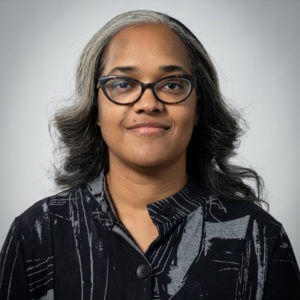
De Angela L. Duff
Associate Vice Provost, NYU, and Industry Professor, NYU Tandon School of Engineering
In her role as Associate Vice Provost, De Angela works closely with Vice Provosts Clay Shirky and Charlton McIlwain. She aids and reviews work on online courses & degrees and other technology-enhanced education, and serves a leadership role in setting and executing the strategic vision for the Faculty Resource Network. She also assists with other leadership, faculty development, and teaching & learning initiatives managed by the Provost’s Office. She holds an MFA in Studio Art (Photography) from MiCA, a BFA in Graphic Design from Georgia State University, and a BS in Textiles from Georgia Tech.
Testimonials
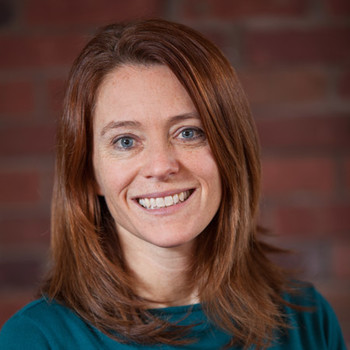
I gained so much from the resources and insights of this program. It is thoughtfully structured and delivered. It shifted my thinking and helped me to articulate what matters most to me as a leader. The fellow participants were wonderful and I look forward to maintaining these new relationships.
Sarah Donovan
Professor of Philosophy, Wagner College

I often find what is discussed in all different sessions really helpful in direct ways. Many times I have either been dealing with the very topic, or I have been thinking about it for a while. And this amazement has continued to last all throughout the two semesters. I think the program is really filling the gap that people in academia in general need: a training/class on how to work in universities as leaders. I feel so much more equipped after this year at FRN. THANK YOU!
Snow Yunxue Fu
Assistant Arts Professor, NYU Tisch School of the Arts
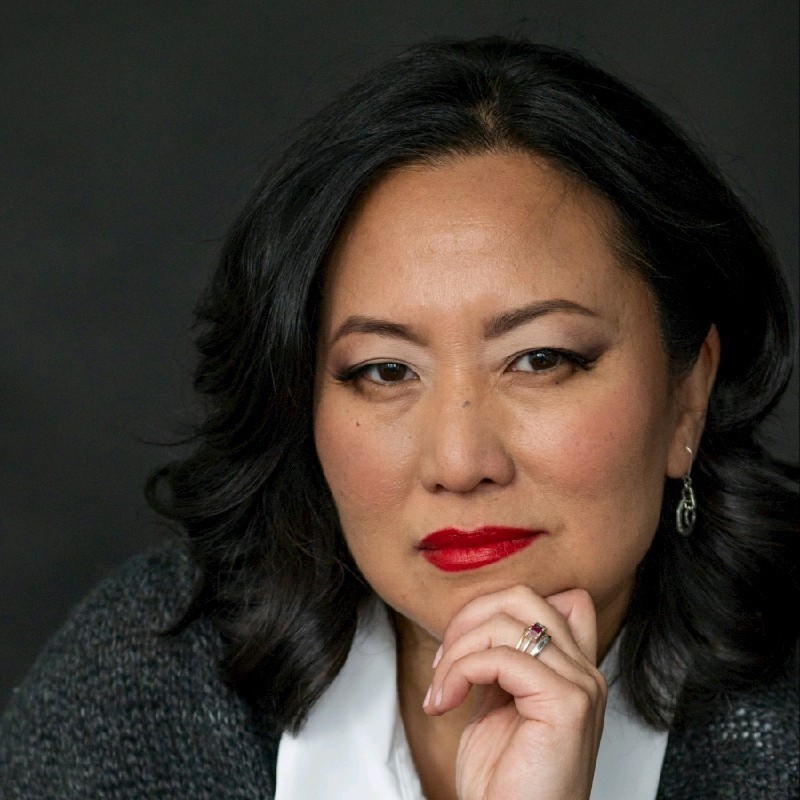
Understanding the difference between a strong leader and someone who leads with strength has been a crucial lesson for my self-awareness and development as a director in higher education. The FRN Leadership Initiative helped me to identify the ways I handle conflict in the workplace and how best to meet my individual team members where they are in their own career stage. What I learned this past year will stay with me as I continue to affect change in my own communities.
Aminda Heckman
Coordinator, Rockland & Westchester Campuses, NYU Silver School of Social Work
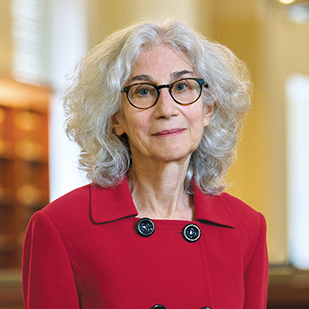
Both emerging and seasoned leaders, and those in-between, can benefit from the FRN Leadership Initiative–an invaluable resource for developing your own practical and personal approach to the complex and often difficult situations of higher education. And for the rest of your career, you’ll be a part of an amazing cohort of thinkers and actors from a diversity of fields, backgrounds, and experiences.
Helen Hershkoff
Herbert M. and Svetlana Wachtell Professor of Constitutional Law and Civil Liberties, NYU School of Law
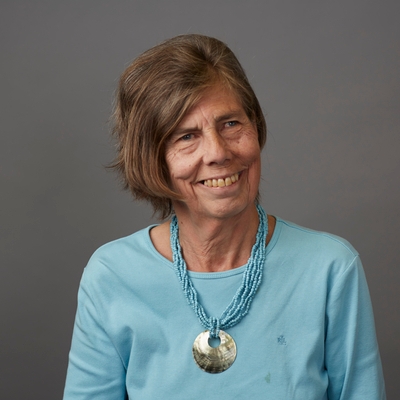
Navigating through academic institutions is always challenging. My experience as part of the FRN Leadership Initiative has made the challenges much easier and more rewarding. The suggested strategies by the leader, De Angela L. Duff, guests, and interchanges with participants have been enlightening and, most important, useful in dealing with issues that arise as a member of my faculty, such as promotion, dealing with administration, and other faculty members in a manner that will achieve one’s goals, understanding the need to prioritize one’s energy and purpose, and the value of being a leader in your academic community.
Lynne McVeigh
Associate Professor, Undergraduate Film/TV Department, NYU Tisch School of the Arts
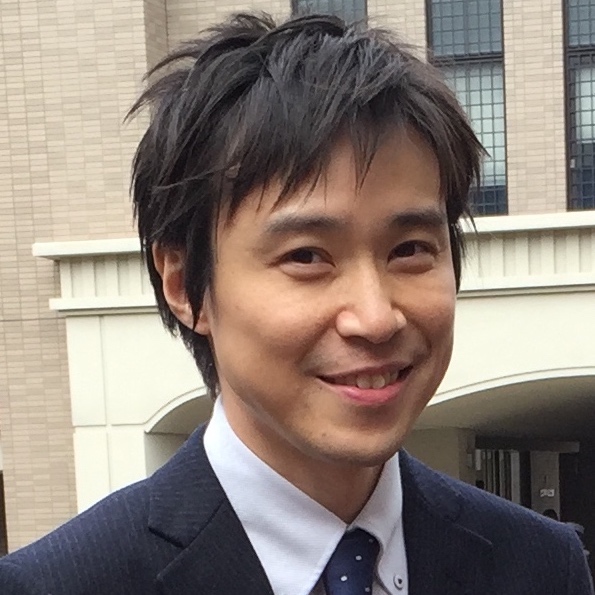
The FRN Leadership Initiative has allowed me to reflect on my leadership skills and think about ways to enhance my leadership skills. I have learned so much from each of the speakers and I enjoyed working with my FRN colleagues. It was definitely a rewarding experience.
Kentei Takaya
Clinical Professor and Director of Multilingual and Multicultural Studies/TESOL Program, NYU Shanghai
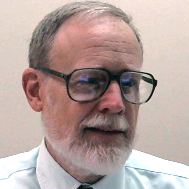
In the academy, time management, self-reflection, and refined communication skills should be a part of a growing leader’s ever-present skill set. This FRN Leadership Initiative workshop allows participants to craft their own leadership plan while honing these skills. Participants will be well rewarded if they are among those chosen to participate, to collaborate, and to improve upon their leadership skills.
Paul Wilson
Professor of Religion and Philosophy, Shaw University
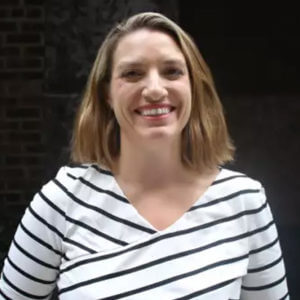
I really got so much out of the FRN Leadership Initiative. It helped me to understand not only my own leadership strengths and weaknesses, but how to recognize the individual strengths of each member of my department. I particularly enjoyed the Meyers-Briggs analysis and follow-up discussion with De Angela. I will miss the ability to see and speak to the other academics in the seminar and discuss our challenges and successes.
Jennifer Brown, Ph.D.
Professor of Writing, Literature, and Language Chair, Humanities & Social Sciences , Marymount Manhattan College
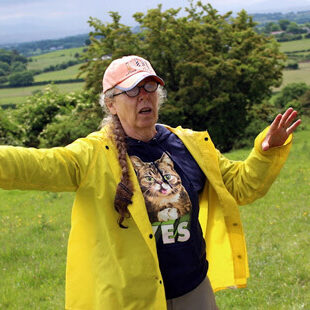
The course really forced me to think about the qualities of good leadership and to re-think the ways in which I interact with my colleagues at NYU and in the field of archaeology. The guest speakers were universally excellent.
Pam Crabtree, Ph.D.
Professor and Director of Undergraduate Studies Anthropology Department, Faculty of Arts and Science, New York University
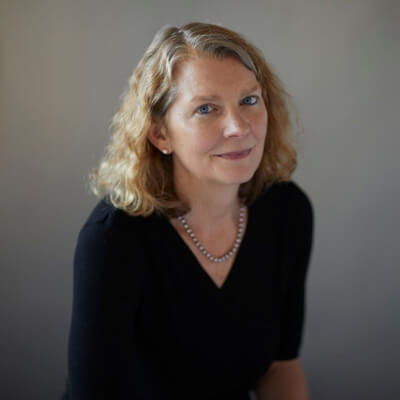
The excellent FRN Leadership Initiative showed me that leadership is a state of mind. It is the ability to listen, to model, to recognize the talent in other people and to help them thrive. Above all, it is community. The cornucopia of wisdom I gleaned from my FRN colleagues has been transformational for me both at home and at work.
Jenny McPhee
Academic Director and Clinical Assistant Professor Center for Applied Liberal Arts School of Professional Studies, New York University
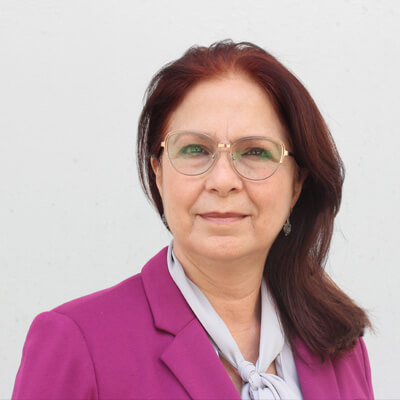
This initiative has broadened my understanding of leadership in my personal, family, and work relationships, causing a reexamination of my reactions. I was able to evaluate my decision-making process honestly and carefully in a relaxed virtual environment with peers. Each meeting reaffirmed a new focus towards identifying strengths and areas to improve. I have learned a great deal and shared the readings with others. I will miss the meetings; the class has proven to be of great personal enrichment.
Miriam Ramírez-Muñoz, Ph.D.
Professor Department of Communication, Universidad de Puerto Rico en Humacao
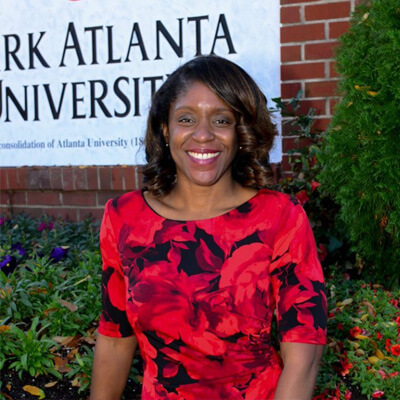
The FRN Leadership Initiative provided an invaluable opportunity for me to reflect on my own experiences with leadership, while also considering what kind of leader I have been and aspire to be. It helped shape my vision for a future in leadership in academia and offered numerous resources, including a supportive community of peers, to aid in the pursuit of that goal.
Charmayne E. Patterson, Ph.D.
Director, Center for Innovative Teaching, Learning, and Engagement Associate Professor of History Department of African American Studies, Africana Women’s Studies, and History, Clark Atlanta University
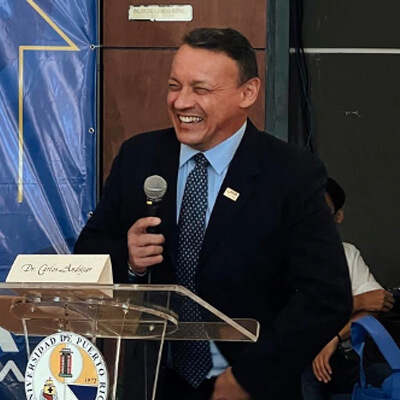
The FRN Leadership Initiative helped me rethink my leadership paradigms in my roles as professor, industrial and organizational psychologist, and campus chancellor. I enjoyed very much the book club, group sessions, diagnostics tools, and coaching sessions. I highly recommend the FRN Leadership Initiative to anyone that wants to develop and improve their leadership skills.
Carlos A. Andújar Rojas, Ph.D.
Full Professor Chancellor, University of Puerto Rico at Arecibo
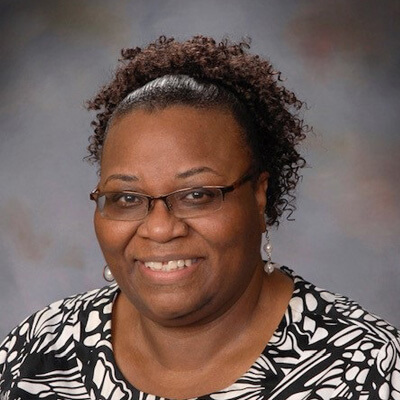
Since I teach in a doctoral leadership program in higher education, more than impacting the way I think about my leadership role, my participation in the FRN Leadership Initiative confirmed for me that I am on the right track in the way I currently provide facilitation and various pedagogies/strategies to support my students’ learning and growth. It was enlightening to be on the other side of the learning experience to view the way leadership development is provided. The diagnostic tools (self-assessments) and large and small group discussions were most impactful for me since these tools pushed us to self-reflect. Self-reflection leads to greater self-awareness, self-identity, learning, and growth. I’m proud to have been a member of the first cohort of the Initiative and would recommend it to faculty at any level.
Sequetta F. Sweet, Ed.D.
Assistant Professor of Organizational Leadership School of Education, Stockton University

